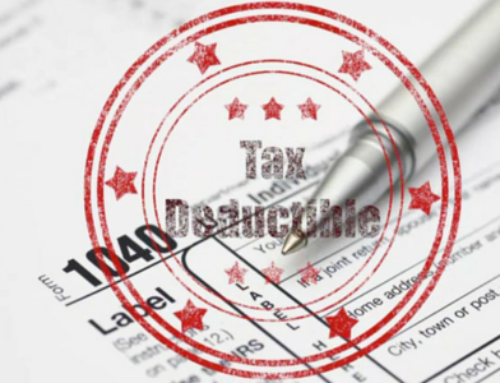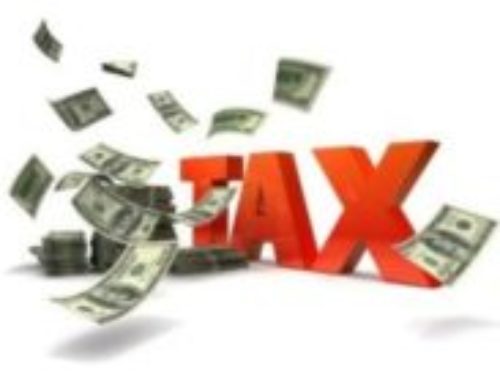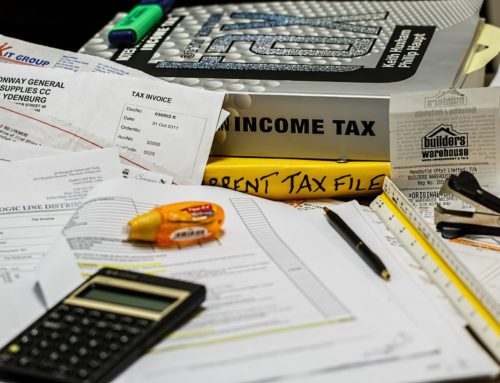Whether a contractor, consultant, or one-member LLC, whether offering a service or producing a product, small business is the backbone of the American economy. Uncle Sam encourages entrepreneurship by allowing certain deductions for small businesses. Most can be taken by other corporate entities as well, but many entrepreneurs don’t know or don’t take advantage of all the deductions available to them. Every entrepreneur should have a trusted tax advisor to ensure every possible deduction is taken.
The Tax Cuts Jobs Act of 2017 has made changes to the tax code that encourage reinvestment in the business and essentially taxes only the money you take out for your personal use. Let’s break that down.
Business Property and Equipment
- Businesses can now write off 100% of the purchase of machinery and equipment, new or used, in the year it is purchased
- Inventory purchases can now be deducted the year they are purchased rather than the year they are sold
- Increased business auto depreciation deductions for most new vehicles; 100% deduction option for new SUVs and trucks; deductions also for the purchase of used vehicles
- Repairs made and equipment added to business property (i.e., roofing, HVAC, security systems) can be 100% deducted in the year incurred rather than amortized
- Other business equipment and machinery
- Rent on equipment and machinery
- Auto expenses – mileage, tolls, parking, etc.
Business Office Expenses
- Home office (a spot in your home dedicated exclusively to business): all home expenses that impact your office space can be written off as a percentage based the square footage of office space as compared to the square footage of the entire home. Expenses include such things as homeowner’s insurance, mortgage interest and fees, rent, utilities and services (like trash collection), phone or internet to the percent that you use them, and maintenance and repairs that affect your office space
- Paper, office supplies, postage and shipping, software or subscriptions to software, internet safety services, and other items used in your office or for business
- Subscriptions and memberships to business organizations, magazines, and newspapers
Professional Expenses
- Training for yourself or your employees to maintain or increase proficiency in your industry or grow your business
- Accounting services, legal counsel, contractors
- Conferences in your field or to grow your clientele or network
- Travel expenses related to business. (This can be tricky, as entrepreneurs often mix business with pleasure or do business while on a family vacation. Please be sure to discuss this with your tax accountant.)
- Advertising expenses
- Gifts for clients – up to $25 per client
Financial Deductions
- Health Insurance (that portion which is over 10% of your gross adjusted income)
- Contributions to a solo 401K (up to 25% of net or $53,000 maximum)
- Bad debt, if it was reported income in the current or previous year
- Bank fees and business loans, which can be amortized for up to 180 months, as well as interest on business loans
- Credit card fees
This is only a partial list of deductions available to small business owners, which is why you need a trusted tax advisor to help you get all your deductions and offer advice to put you on a more financially sound footing. If you are in Willow Grove, PA or the surrounding areas, contact us here at Koelle. We’ve been working with individuals and small businesses for over 30 years.





